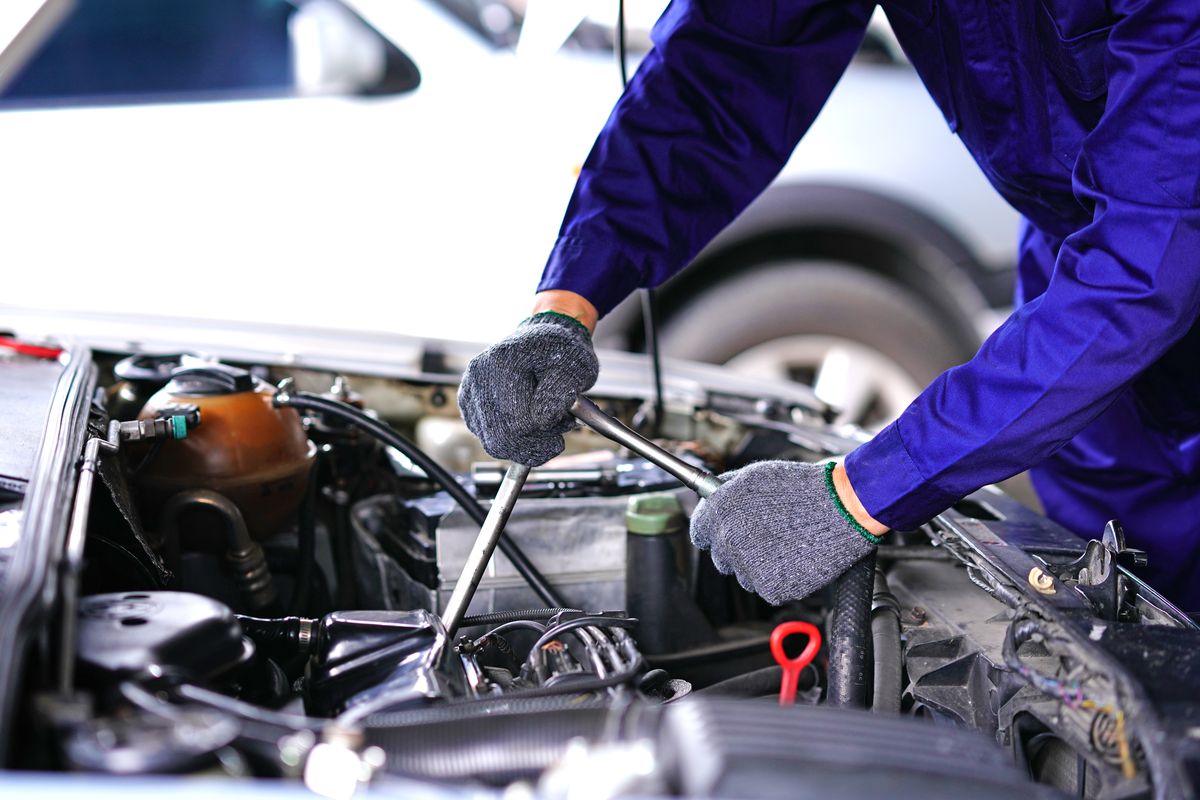Diesel engines are known for their durability, efficiency, and power, making them a popular choice for a variety of vehicles and machinery, including trucks, buses, boats, and industrial equipment. However, like any mechanical system, diesel engines require regular maintenance and occasional repairs to ensure optimal performance. Understanding the importance of diesel repair, the services available, and tips for maintaining diesel engines can help you keep your vehicle or equipment running smoothly.
Importance of Diesel Repair
- Performance Optimization: Regular repair and maintenance of diesel engines ensure that they operate at peak performance, enhancing fuel efficiency and power output.
- Longevity: Diesel engines are designed for long service life, but neglecting repairs can lead to premature wear and failure. Timely repairs can extend the lifespan of the engine and reduce overall operating costs.
- Safety: Malfunctioning diesel engines can pose safety risks, particularly in heavy-duty vehicles. Regular inspections and repairs help identify potential issues before they lead to accidents.
- Cost Savings: Preventative maintenance and timely repairs can save money in the long run by avoiding costly breakdowns and extensive repairs due to neglect.
Common Diesel Engine Issues and Repair Services
- Fuel System Problems: Issues with the fuel injectors, fuel pump, or fuel filters can lead to performance problems. Diesel repair services often include cleaning or replacing fuel injectors and checking the fuel system for leaks.
- Turbocharger Repairs: Turbochargers are critical for improving engine performance. Common issues include turbo lag or failure, which may require repairs or replacements.
- Exhaust System Repairs: Problems with the exhaust system, including the diesel particulate filter (DPF) and exhaust gas recirculation (EGR) systems, can affect engine performance and emissions. Repairs may involve cleaning or replacing these components.
- Electrical System Diagnostics: Diesel engines often have complex electrical systems. Issues with the starter, battery, or alternator can lead to starting problems. Diagnostics and repairs may involve checking connections, replacing batteries, or servicing electrical components.
- Cooling System Maintenance: Overheating can damage a diesel engine. Regular checks of the radiator, coolant levels, and water pump, along with flushing the cooling system, are essential for preventing overheating.
- Transmission Repairs: Diesel engines are often paired with specific types of transmissions. Issues with the transmission can affect performance. Repair services may include fluid changes, filter replacements, or complete transmission overhauls.
- Routine Maintenance: Regular maintenance services such as oil changes, filter replacements, and fluid checks are crucial for keeping diesel engines running efficiently.
Tips for Maintaining Diesel Engines
- Regular Oil Changes: Diesel engines require regular oil changes to maintain lubrication and prevent wear. Follow manufacturer recommendations for oil type and change intervals.
- Fuel Quality: Use high-quality diesel fuel and additives to prevent injector clogging and improve combustion efficiency. Regularly change fuel filters to maintain fuel system health.
- Monitor Performance: Pay attention to any changes in engine performance, such as reduced power, unusual noises, or increased fuel consumption. Early detection can prevent more serious issues.
- Check Cooling Systems: Regularly inspect the cooling system for leaks and ensure that the coolant is at the correct level. Consider flushing the cooling system periodically.
- Battery Maintenance: Keep the battery clean and check connections regularly. Extreme temperatures can affect battery performance, so ensure it’s in good condition, especially in winter.
- Professional Inspections: Schedule regular inspections with a qualified diesel mechanic. They can identify potential issues and perform necessary maintenance to keep your engine in top shape.
Choosing a Diesel Repair Service
- Experience and Expertise: Look for a repair shop with certified technicians experienced in diesel engines. Their expertise is crucial for accurate diagnostics and effective repairs.
- Reputation: Read reviews and ask for recommendations to find a reputable diesel repair service. A good reputation often indicates reliable service and quality work.
- Diagnostic Equipment: Choose a repair shop equipped with modern diagnostic tools and equipment specifically designed for diesel engines. This ensures accurate problem identification and efficient repairs.
- Warranty and Guarantees: A reputable repair shop will offer warranties on parts and labor, giving you peace of mind about the quality of their work.
Conclusion
Diesel repair is essential for maintaining the performance, safety, and longevity of diesel engines. Regular maintenance and timely repairs can save money and enhance reliability, whether for personal vehicles, commercial trucks, or industrial machinery. By understanding common diesel issues, choosing the right repair service, and adhering to maintenance tips, you can ensure that your diesel engine operates efficiently and effectively for years to come.
